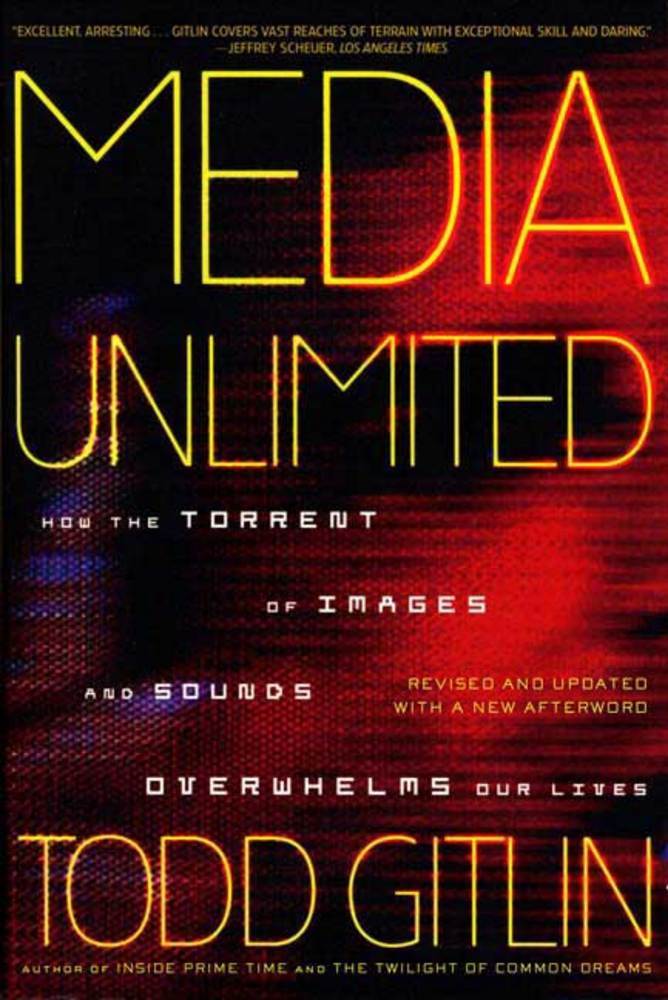
We were created as beings intended to inhabit time well. We are so eager to defend the fact of Creation to skeptics and atheists that we often forget the instructive quality of the rhythm of Creation. God who is beyond time somehow takes time to create all things. And then a day of rest is established. Christian faith is thus not simply historical; it is also concerned with honoring the meaning of our temporality. Impatience is a deeply disordering vice, displaying at root a frustration with a God who uses time to accomplish his purposes, who has chosen not to do everything right away.
While there is nothing new about impatience, I think it’s fair to say that no human culture has so institutionalized restlessness and a quest for immediacy as has our own. We expect that people will respond to our demands without delay and circumstances will be altered (whether a website loading or traffic abating or a meal being prepared) in the blink of an eye. More significantly, we expect to be able to adjust our own feelings quickly, to move from an emotional 0–60 in 3 seconds. The idea that any joys — whether sublime or mundane — might require disciplines of cultivation is increasingly foreign to our accelerated culture.
In his 2001 book Media Unlimited: How the Torrent of Images and Sounds Overwhelms Our Lives (Henry Holt & Co.), Todd Gitlin argues that our experience with omnipresent media creates in us what he describes as a new way of having emotions. We expect experiences to have an intense emotional impact immediately, but we want to be able to abandon these feelings just as quickly. Frenetic Java animations on a web page, fast-cutting 15-second commercials, 90-second news reports skimming the surface of hugely complicated stories: all are crafted to offer us a daisy-chain of disposable epiphanies. For commercial reasons, no mass-mediated experience can afford to make us turn off the set or turn from the screen to reflect on what we have seen or heard. We have to want to come back for more. Sensational intensity rather than contemplative depth is the ideal.
Gitlin situates this sensibility in a time long before TV or the Internet: in the Romantic reaction to Enlightenment rationalism, a reaction that established human feeling (and willing) as more fundamental and reliable than reason. Romanticism “urges us to heed the inner voice of feeling. Real life takes place in deep feeling, authentic feeling, feeling that must be protected from social impositions, feeling that was born free and longs to go native. The idea spreads that the individual is, above all, his or her feelings.”
But the demands of work, sustaining relationships, and participating in social life require some tempering or management of emotions. So, as Gitlin puts it, “Romanticism must be domesticated, made to fit into the niches of life. . . . Emotions must refresh, not drain or disrupt. they must be disposable and, if not free, at least low-cost.” The goal is a “society of nonstop popular culture that induces limited-liability feelings on demand — feelings that do not bind and sensations that feel like, or pass for, feelings.”
Gitlin’s thoughtful analysis exposes the way in which modern media don’t so much deliver information as they shape and intensify desires — and not just desires for things (the final goal of advertising) but the desire for love, acceptance, pleasure, security, power, happiness, even the desire for desire itself, or the desire for experiences that stoke desire. The restlessness sustained by mass media is a product as much of its form as its content, and the most powerful formal device the media uses to generate this restlessness is the sense of speed. “Speed on top of speed,” write Todd Gitlin: “there is the swirling dynamic within a shot, and then the edit between one shot and the next. Montage is as relentless as the camera is restless. But in many instances, the camera movement and the quickcut editing conceals the fact that the images themselves are not that visually interesting. . . . Pictorially, they often lack interest. In other words, the pleasure of beholding these freestanding images speeding by is not strictly visual but amounts to a different sort of pleasure, the kind Mark Crispin Miller calls ‘subvisual’ — visceral pleasure at the disorientation that results from a sequence of bursts, pleasure at immersion in a wild procession of fragments.” I think that “lust of the eyes” is an apt description of this condition.
Gitlin’s politics and theology are far from my own, but I know of few books as insightful in analyzing the causes and effects of media saturation. If his diagnosis is correct, churches that re-tool their worship services to accommodate these sensational expectations are simply adding momentum to a severe cultural and personal disorder, which is an odd way to love your neighbors or make disciples.
This essay first appeared in the “Contours of Culture” column (Touchstone, November/December 2009)